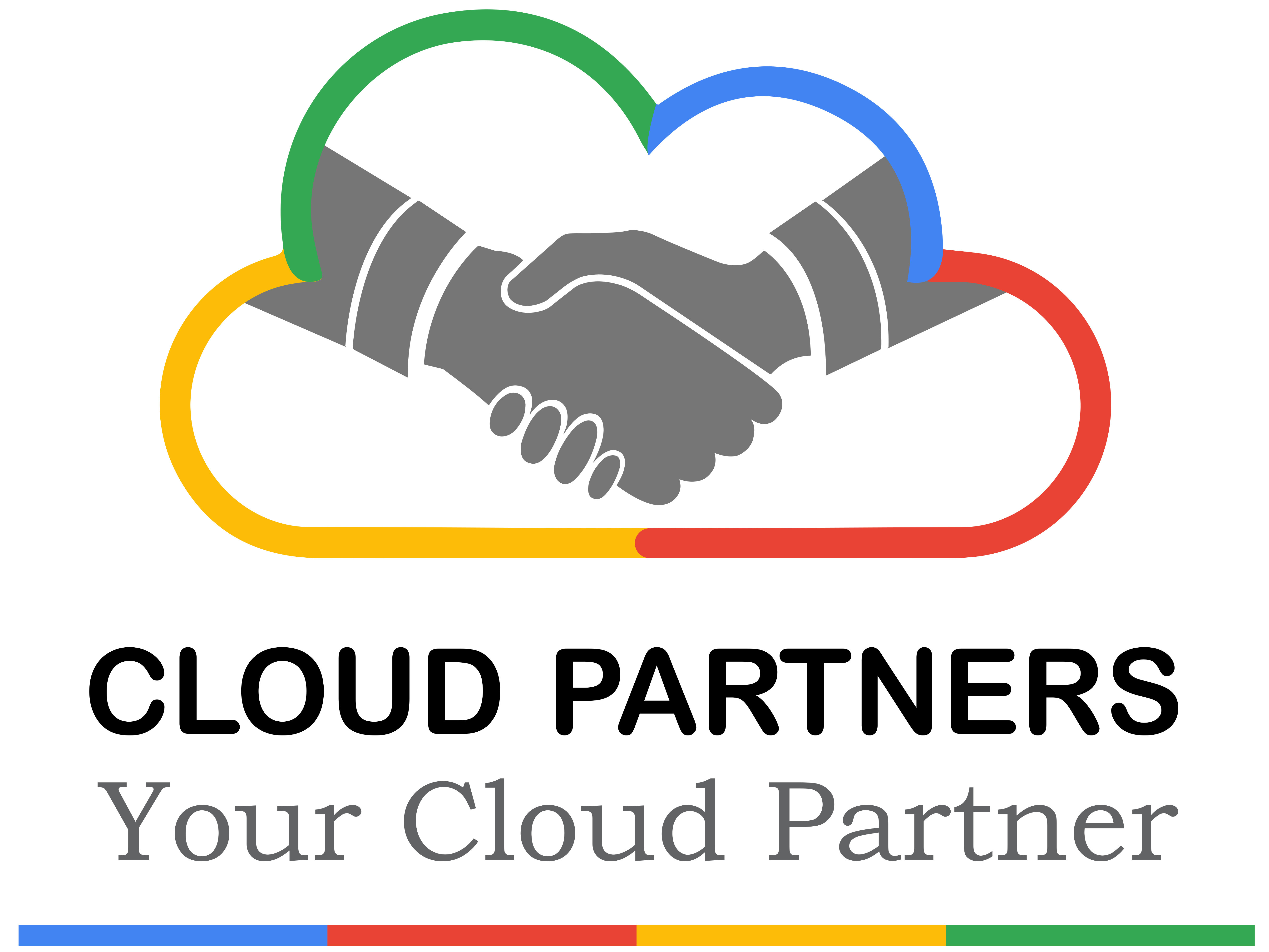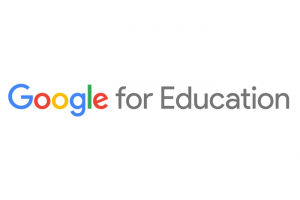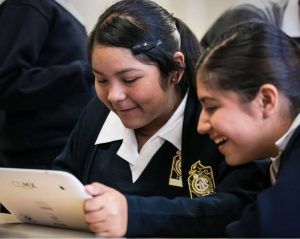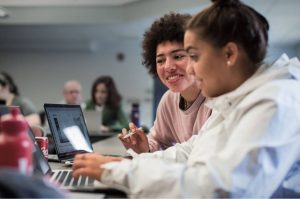Google for Education is a service from Google that provides independently customizable versions of several Google products using a domain name provided by the customer. It features several Web applications with similar functionality to traditional office suites, including Gmail, Hangouts, Meet, Google Calendar, Drive, Docs, Sheets, Slides, Groups, News, Play, Sites, and Vault. The products also tie into the use of Chromebooks which can be added to the Google Workspace Domain of the educational establishment.
Google Apps for Education and Google Apps for Non-profits (for accredited 501(c)(3) non-profit entities) are free and offer the same amount of storage as Google Apps for Work accounts.
In addition to shared apps (calendar, docs, etc.), Google provides Google Apps Marketplace, an app store for Google Apps users. It contains various apps, both free and paid, which can be installed to customize the Google for Education experience for the user.





